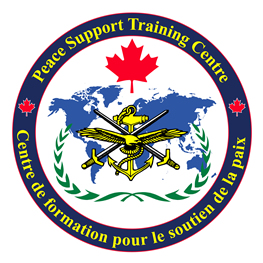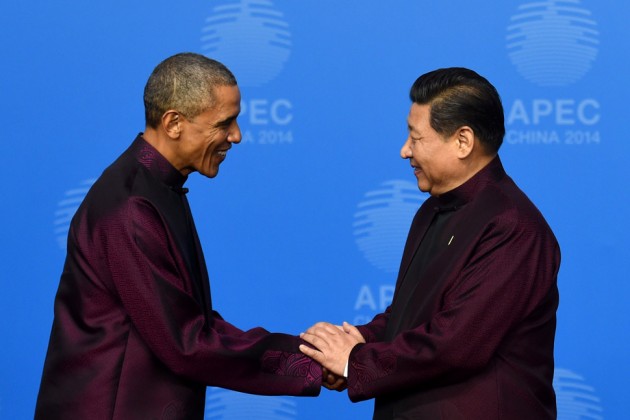In October 2014, as the House of Commons debated whether to approve Canadian participation in Operation Inherent Resolve, the United States-led military response to the aggression of the Islamic State of Iraq and al-Sham (ISIS), Justin Trudeau, the Leader of the Liberal Party of Canada, suggested that Canada would be better suited to a humanitarian role than a combat one. In particular, he described the Canadian Forces’ expertise in cold weather operations and suggested that such know-how and equipment could be shared to the benefit of those refugees who have fled ISIS to the relative safety of Iraq’s northern mountain ranges.
Sharing cold weather know-how would hardly have addressed the root of the crisis in Iraq or Syria, but it is interesting to note that NATO member states and other security partners rarely turn to Canada for advice in this area. To some degree, this may be due to the fact that many of those same countries with an interest in cold weather operations are also Canada’s competitors in the Arctic. But another significant reason for this lack of prestige within the Alliance is Canada’s relative disengagement from the NATO Centres of Excellence (COEs). Reporting to Allied Command Transformation in Norfolk, Virginia, the COEs are research centres accredited by NATO but hosted and sponsored by individual NATO member states or partners. For example, the Cooperative Cyber Defence Centre of Excellence (CCDCOE) in Tallinn, Estonia is NATO’s main research institution for developing cyber defence techniques and technologies. Though hosted by Estonia, the centre is also sponsored by 14 other countries, ranging from Austria to the US, who are entitled to contribute staff to the COE and receive full access to the fruits of the centre’s research.
Among NATO members, Canada is one of the least engaged in the work of COEs. As of this writing, Canada is a sponsor of only three centres: the Military Engineering COE in Ingolstadt, Germany; the Joint Air Power Competence Centre in Kalkar, Germany; and finally the Combined Joint Operations from the Sea COE in Norfolk, Virginia. Canada is also not a host to any NATO COE, which presents a missed opportunity to attract investment in Canadian defence research and cement Canada’s reputation in a particular field of interest to NATO. Policymakers in other member states recognized early how COEs could serve to advance ‘national branding’. The establishment of the CCDCOE in Tallinn, to bring up that example again, was consistent with Estonian efforts to make the country synonymous with innovation in information technology.
Therefore, it is disconcerting that the NATO Cold Weather Operations COE is not located in Canada but in Bodø, Norway. At a time when Canada is struggling to maintain its status as the ‘True North’ against rival claimants like Denmark and Russia, the prestige of hosting a Cold Weather Operations COE would have at least provided Canada with further ‘soft power’ currency in the Arctic. Yet Bodø may have always been the most practical location for this particular COE as it is doubtful NATO’s European members would have been in a position to routinely send significant numbers of personnel to be trained in cold weather operations at a Canadian base, though admittedly the German Army did once make extensive use of the Canadian Forces Base in Shilo, Manitoba.
Nonetheless, Canada could stand to gain by demonstrating a greater commitment to this emerging ‘knowledge dynamic’ within NATO. This could be accomplished by applying for NATO accreditation for an existing Canadian Forces institution, such as the Peace Support Training Centre (PSTC) in Kingston, Ontario. Although the mandate of the PSTC overlaps somewhat with existing NATO COEs – in particular the Defence Against Terrorism COE in Ankara, Turkey – the institution could greatly advance Alliance forces’ capacity to take on the broad and ever-changing obligations entailed in peace support operations post-Afghanistan. Accreditation would bring with it additional funding for the work of the PSTC from other interested NATO members and would raise Canada’s prominence in the debate over the future of NATO.
Another benefit to NATO accreditation for the PSTC worth considering is the opportunity to deepen Canadian partnerships with other security actors. The Economic Community of West African States (ECOWAS) had three research and training institutions tasked with developing the region’s brigade of the African Standby Force: Nigeria’s National Defence College (aimed at strategic level planning), the Ecole du Maintien de la Paix in Mali (specializing in tactical level planning), and finally the Kofi Annan International Peacekeeping Training Centre in Ghana (concerned foremost with the operational level). A partnership between a NATO accredited PSTC and the Kofi Annan Centre would be an impressive ‘low politics’ accomplishment, adding momentum to a ‘high politics’ initiative at a later date, such as a political partnership between NATO and ECOWAS or the African Union. Either way, it is time for Canadian policymakers to consider how to leverage Canada’s NATO membership to advance our national brand.




